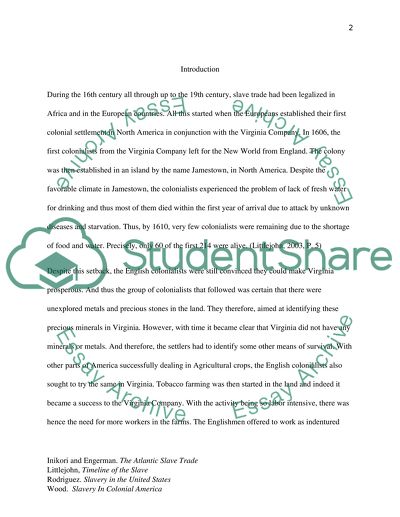Cite this document
(“Slave Trade to America. Effects on Economies, Societies, and People Research Paper”, n.d.)
Slave Trade to America. Effects on Economies, Societies, and People Research Paper. Retrieved from https://studentshare.org/history/1455148-slave-trade-to-america-effects-on-economies-societies-and-people
Slave Trade to America. Effects on Economies, Societies, and People Research Paper. Retrieved from https://studentshare.org/history/1455148-slave-trade-to-america-effects-on-economies-societies-and-people
(Slave Trade to America. Effects on Economies, Societies, and People Research Paper)
Slave Trade to America. Effects on Economies, Societies, and People Research Paper. https://studentshare.org/history/1455148-slave-trade-to-america-effects-on-economies-societies-and-people.
Slave Trade to America. Effects on Economies, Societies, and People Research Paper. https://studentshare.org/history/1455148-slave-trade-to-america-effects-on-economies-societies-and-people.
“Slave Trade to America. Effects on Economies, Societies, and People Research Paper”, n.d. https://studentshare.org/history/1455148-slave-trade-to-america-effects-on-economies-societies-and-people.


